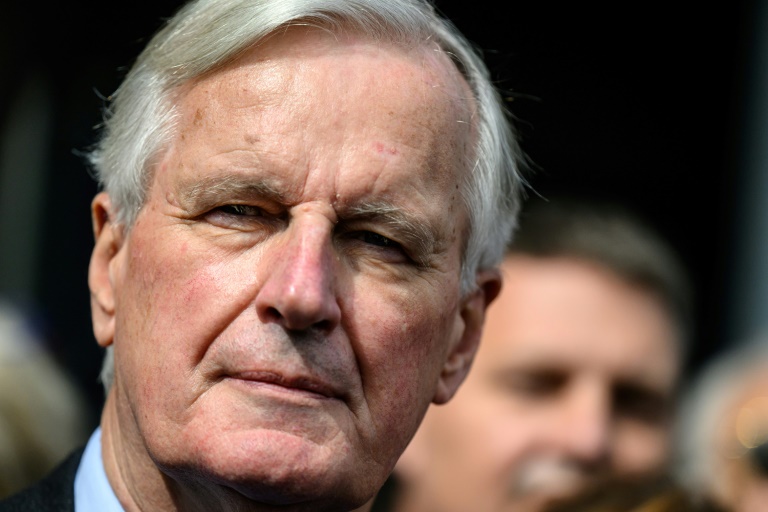France’s huge pile of government debt grew in the second quarter, official figures showed Friday, as Prime Minister Michel Barnier’s shaky minority government prepared for a grueling budget debate.
New borrowing of 68.9 billion euros ($77 billion) between April and June increased the country’s debt pile to almost 3.23 trillion euros, or 112 percent of annual output, data from statistics agency INSEE showed.
The figures underline the scale of the challenge for Barnier, the former European Union commissioner and Brexit negotiator who led a centrist and conservative coalition that was heavily outnumbered in the lower house of the National Assembly.
With the House roughly divided into three since July’s parliamentary elections, the left-wing NFP alliance and the far-right National Rally (RN) could oust the new government at any time if they join forces in a confidence vote.
There is skepticism among financial players about Paris’ ability to get its debt and annual deficits under control.
Credit rating agency S&P lowered France’s credit rating earlier this year.
And just this week, French government bond yields – the return investors can expect from holding 10-year government bonds – exceeded the benchmark for Spain for the first time since 2006, signaling declining investor confidence.
Barnier is expected to lay out the broad strokes of his policy in a speech to lawmakers on Tuesday, which will also be closely watched by markets.
His new Budget Minister Laurent Saint-Martin said on Wednesday that the draft 2025 budget law would be submitted “in the week of October 9”.
“Our public finances are in a serious state, and I will not beat around the bush,” Saint-Martin said, warning that the annual budget deficit this year was likely to exceed six percent of GDP – twice the limit of the European Union.
He blamed lower-than-expected tax revenues and companies lagging behind in hiring and investing for much of the deteriorating picture, and also said local and regional governments had spent more than planned.
“We will have to make a significant collective effort” to get public finances under control, Saint-Martin warned.
Barnier and his team say they are seeking more cuts than tax increases to right the ship, prompting accusations of “austerity” from the left.
But the Prime Minister said on Sunday that higher levies on big companies and very wealthy individuals could be part of the equation.
mpa/tgb/lth







